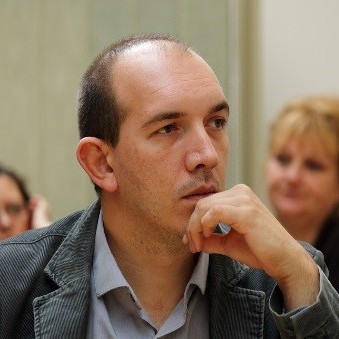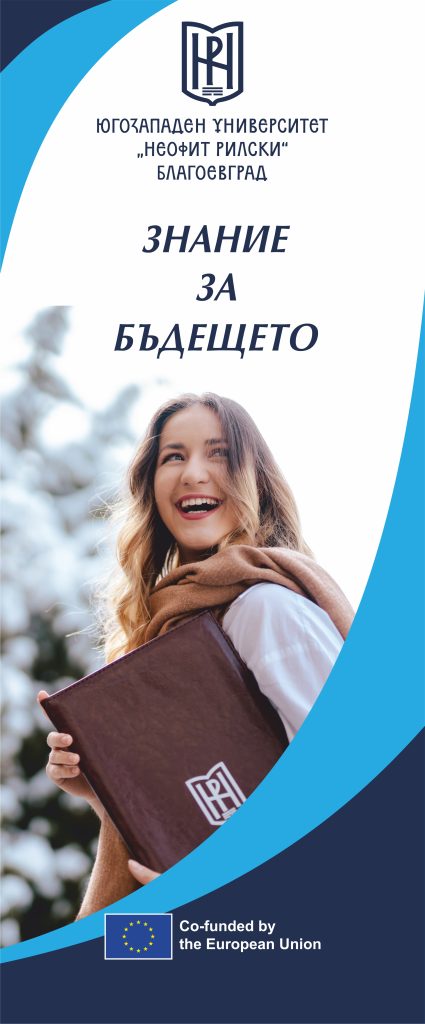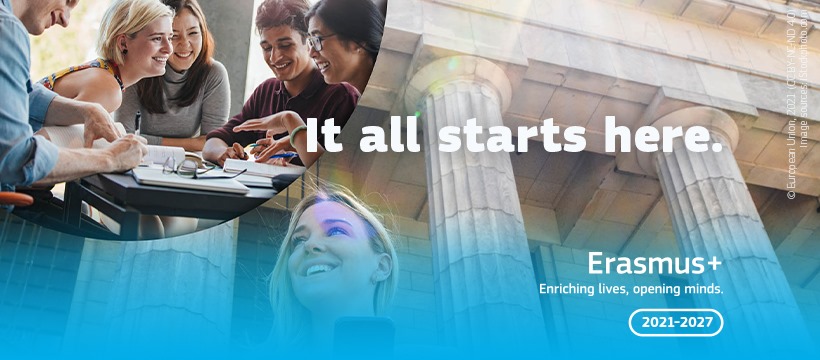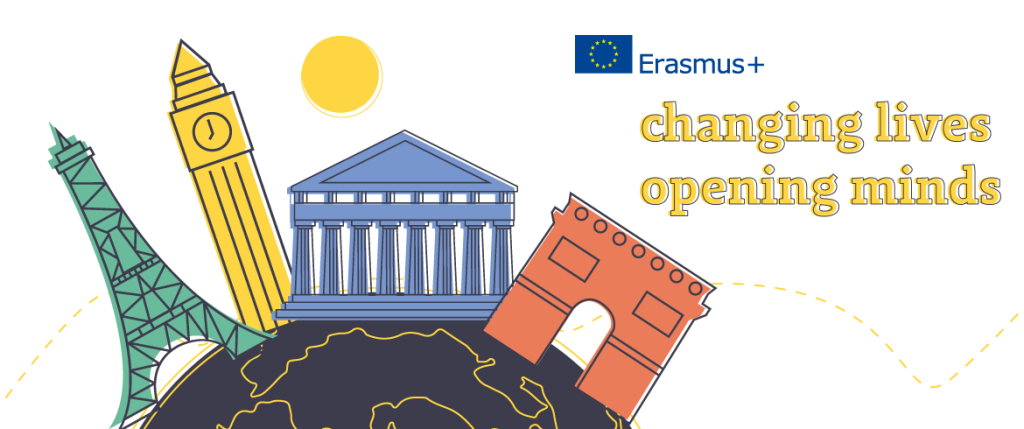



Spend a training period abroad at a partner higher education institution, enterprise or any other relevant workplace in Europe!
Not only students, but faculty and staff members need to be better equipped with the knowledge, skills and competences needed in a dynamically changing society that is increasingly mobile, multicultural and digital. The Erasmus Staff Mobility Program supports, through lifelong learning, the educational, professional and personal development of people in education in Europe and beyond.
Mobility activities must be carried out in any Program Country different from the country of the sending organisations and the staff country of residence.
The Erasmus Program Countries are currently the following:
EU Countries: Austria, Belgium, Bulgaria, Czech Republic, Croatia, Cyprus, Denmark, Estonia, Finland, France, Germany, Greece, Hungary, Italy, Ireland, Latvia, Lithuania, Luxembourg, Malta, Netherlands, Poland, Portugal, Romania, Slovakia, Slovenia, Spain, Sweden.
Other European Programme Countries: Republic of North Macedonia, Iceland, Norway, Liechtenstein, Serbia, Turkey, Switzerland and the United Kingdom.

The following types of organizations are not eligible as host organizations:
Please, note that conferences are excluded. Specified trainings/educational activities within the frames of conferences/events are eligible.
You may check IMOTION for possible staff training opportunities.

Successful applicants are eligible to receive funds to partially support their visit, which may not cover all the actual expenses incurred.
Funds eligible for Erasmus+ Staff Training Mobility are made up of two components:
• Individual Support (Subsistence) : 140 – 180 EUR/ mobility day (depending on host country)
• Travel Contribution: one time 180 – 360 EUR (depending on distance)
Individual Support (subsistence)
Receiving country | Amount (1-14 days) |
Denmark, Finland, Iceland, Ireland, Liechtenstein, Luxembourg, Norway, Sweden, Switzerland, United Kingdom | up to 180 EUR/day |
Austria, Belgium, Cyprus, Germany, Greece, France, Italy, Malta, Netherlands, Portugal, Spain | up to 160 EUR/day |
Bulgaria, Croatia, Czech Republic, Estonia, Hungary, Latvia, Lithuania, Republic of North Macedonia, Poland, Romania, Serbia, Slovakia, Slovenia, Turkey | up to 140 EUR/day |
Travel contribution is calculated using a Travel distance calculator supported up by the European Commission. Distance is calculated between start and end location of the mobility in straight lines from one location to another.
The grants will be issued as follows:
Travel Distance | Amount |
Between 0 and 99 KM | 23 EUR per participant |
Between 100 and 499 KM | 180 EUR per participant |
Between 500 and 1999 KM | 275 EUR per participant |
Between 2000 and 2999 KM | 360 EUR per participant |
Between 3000 and 3999 KM | 530 EUR per participant |
Beneficiaries proceeding on Erasmus+ Training Mobility should retain boarding cards/train tickets/other travel tickets which need to be submitted along with the documentation of the mobility.
Staff members will receive their regular salaries while away on Erasmus training. Please be advised that the Erasmus grant is a contribution and may not cover all your occurring costs during your mobility period abroad. If possible, your unit may supplement the grant from its own budget.
The mobility activities are expected to produce the following outcomes:
